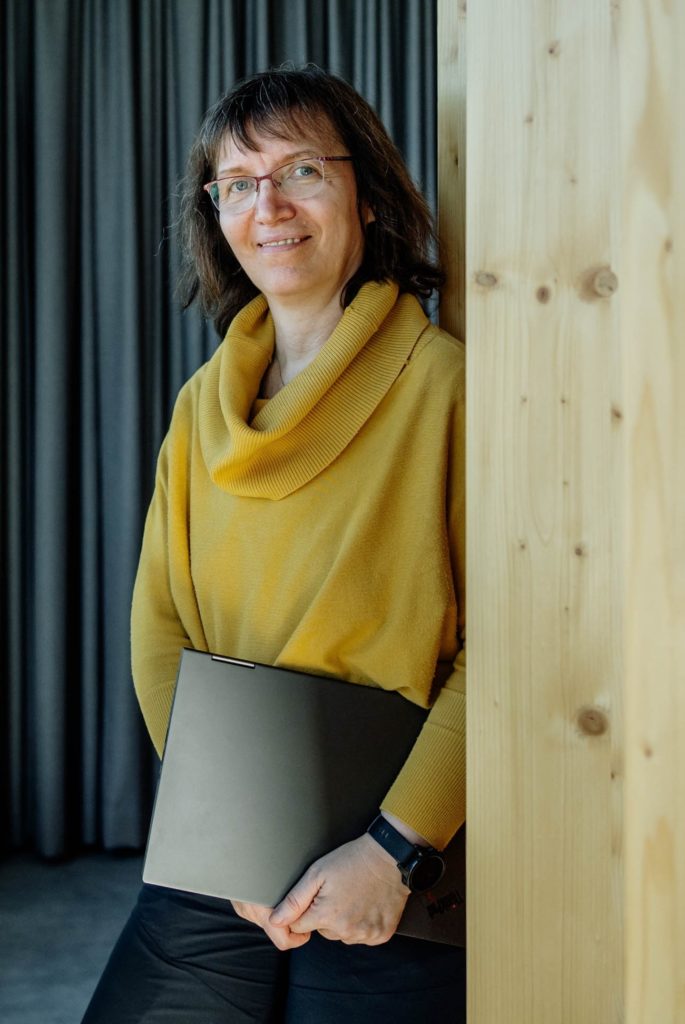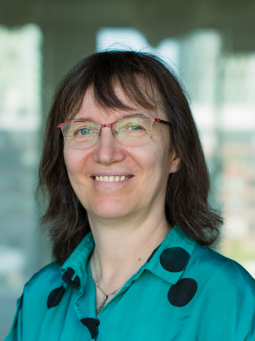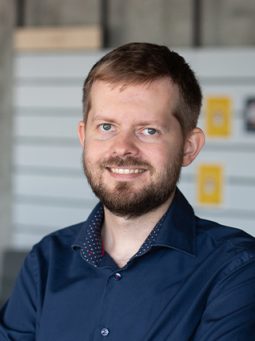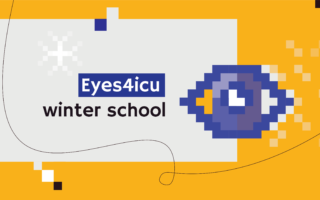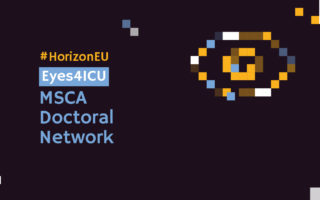Eyes4ICU: Eyes for Information, Communication and Understanding
Eyes4ICU is a Marie-Skłodowska-Curie Doctoral Network within the Horizon Europe program. A network of seven universities and research institutions trains 12 doctoral students. It is aimed at exploration of novel forms of gaze interaction that rely on current psychological theories and findings, computational modelling, as well as expertise in highly promising application domains. In this project, KInIT collaborates with experts in using eye tracking in their respective areas ensuring best practices and optimal facilities for research and training in Europe.
Gaze is an important communication channel which works even without language. We use our eyes for orientation, action control, and interaction. We interpret the mental states of others and establish trust through eye contact.
The objective of the Eyes4ICU project is to establish gaze and eye information as a core component in future interactive intelligent systems. Surpassing the limits of existing systems, for the first time, gaze-based interaction will be grounded in the cognitive and affective functions of gazing. This requires an active and embodied vision perspective, and an incorporation of application demands. Cutting-edge modeling methods from machine learning and artificial intelligence will be at the core of all research conducted. Algorithms and data analysis methods will ensure integrated research within a single framework. This will advance communication by eye tracking as a field and result in European standards for gaze-based communication in a variety of domains disseminated through research and application.
The proposed research in Eyes4ICU addresses three key challenges in eye tracking, namely User Understanding, Gaze Communication, and Applications in the Wild. Each of these three scientific areas is pursued from three different perspectives: a psychological empirical perspective, a computational modeling perspective, and an application perspective, ensuring a unified and aligned progress and concept.
Along these lines, training of the Doctoral Candidates is conducted in three areas, namely empirical research methods, computational modeling, and transferable skills. By training Doctoral Candidates in empirical and computational research methods, as well as in transferable skills, the network will enable them to acquire crucial inter-disciplinary skills that complement a strong research profile and technical expertise in one domain.
To achieve this goal, the Eyes4ICU consortium is composed of groups working in psychological, computing, and application fields. All project partners have expertise in using eye tracking in their respective areas, ensuring research and training at the highest quality standards. A large number and variety of non-academic partners contribute to supervision and training, and ensure applicability, practical relevance, and career opportunities.
The role of KInIT in the Eyes4ICU project is to contribute to the research of gaze communication, mainly by supervising a Doctoral Candidate working on the topic of eye-tracking the consumption of recommended information online. KInIT also contributes to the training of computational modeling methods and leads the consortium’s training of transferable skills. The training portfolio includes e.g. training on ethical aspects and research integrity, scientific writing and presentation skills, and more.
Overall, the Eyes4ICU Doctoral Network reflects the interdisciplinary nature of eye tracking research and applications, facilitates interdisciplinary skill acquisition and collaboration across community boundaries, and ensures that Doctoral Candidates are highly trained and competitive in a future job market.
Eyes4ICU aims to delve into innovative forms of gaze interaction, watch this video introduction to learn more:
For KInIT, the Eyes4ICU project brings an opportunity to improve quality, enhance interdisciplinarity and increase internationalisation and attractiveness of our doctoral training programme run in collaboration with the Brno University of Technology.
Mária Bieliková, Expert Researcher
Kempelen Institute of Intelligent Technologies
Partners
Associated partners
Project team
Santiago de Leon
PhD Student MSCA Doctoral Network
Maria Bielikova
Lead and Researcher
Jakub Šimko
Lead and Researcher
This project is funded by the European union and the Swiss State Secretariat for Education, Research and Innovation (SERI).
